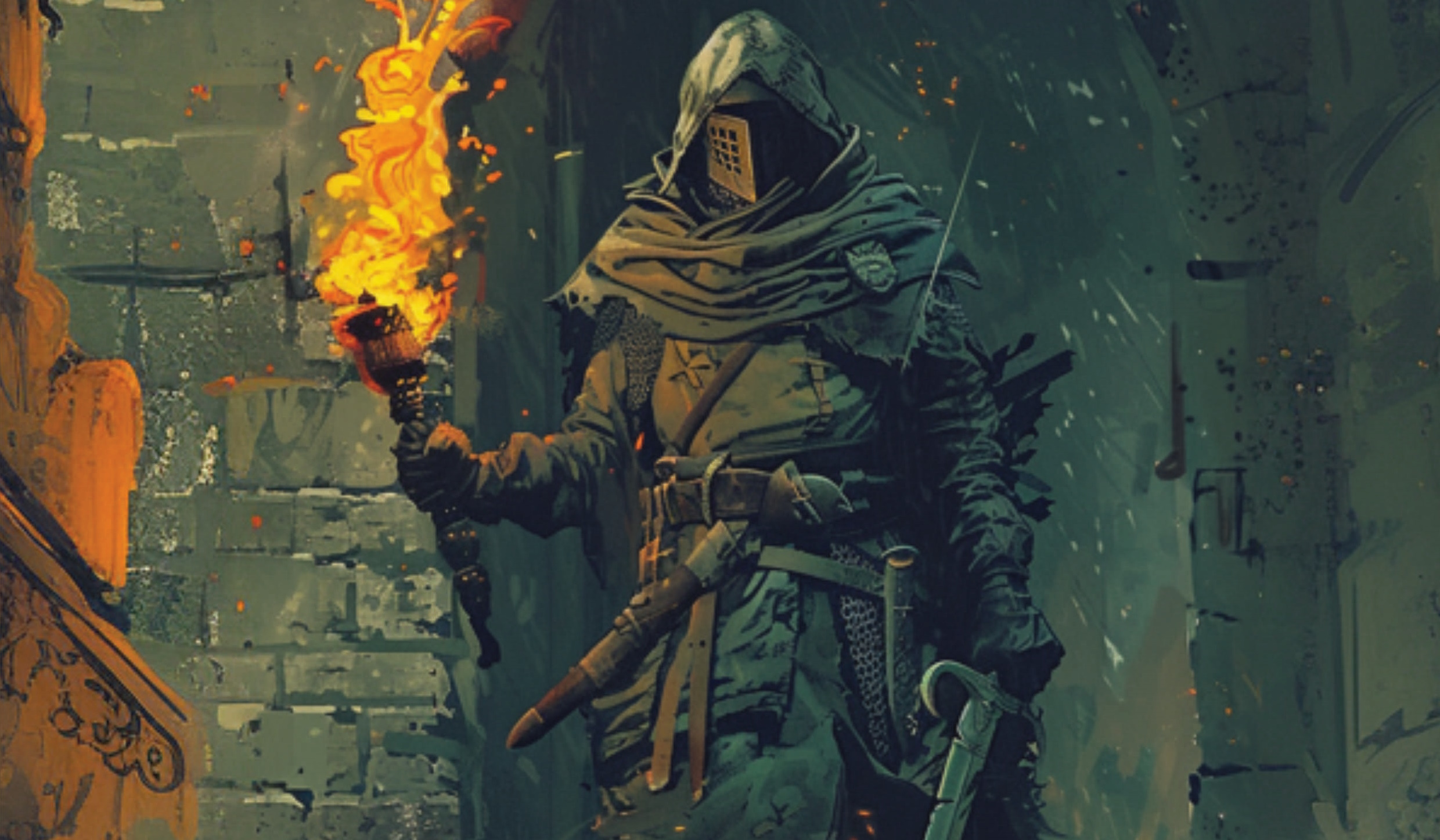Mental Health in Roleplaying Games
Please note that this post contains mentions of mental illnesses, ableism, and suicide.
When it comes to the roleplaying games community there’s no shortage of scandals and constant drama. The latest controversy is about Evil Hat’s decision to include a section about the team’s stance on H.P. Lovecraft’s racism and antisemitism in their upcoming game “Fate of Cthulhu“. They also decided not to include any “insanity” rules but opted for a corruption mechanic instead. A lot of very vocal fans of Lovecraft’s work and the roleplaying games based on it, quickly shared their displeasure online. Personally I think Evil Hat made the right decision. Even though I enjoyed some of his writing, his blatant racism is hard to stomach. And don’t get me started on “insanity” rules in games…
Ok, let’s look a bit closer at the subject of mental health in RPGs.
Let’s start by giving you a bit of context. I have struggled with my mental health for many years. My wife has and is still suffering from mental disorders, as are many of my friends. My best friend suffered from depression for most of his life and when he couldn’t cope with it anymore, he took his own life. The prevalence of mental illnesses is about 25%, which means one in four people will suffer from mental health issues at least once in their life and that’s why cbd products like THCA cartridges one can get from trusted suppliers like cannabis Edson can help with this. This is no joking matter.
Unfortunately many roleplaying games treat it like one. This is especially a problem in most games based on the Cthulhu Mythos. I am mostly looking at Call of Cthulhu here, since it is one of the most well-known examples of using mental health in a game, but there are many other culprits out there.
You may argue, that the gameplay is informed by the limited knowledge of mental health people had in Lovecraft’s time, but that is a very weak excuse. Especially since there’s a pretty high chance that someone at the game table may actually suffer from something the Call of Cthulhu rules so nonchalantly calls insanity, a term which is often if not always used derogatory.
In games like Call of Cthulhu each player character confronted with gruesome events, the supernatural, or Cthulhu Mythos creatures loses some “sanity points”. If more than a certain threshold of points are lost the character may suffer from short or longer “temporary insanity” which may include effects fainting, stupor, homicidal or suicidal mania, strange sexual desires, paranoia, compulsions, amnesia, and so on. Not only does mental health not work this way, it also takes control away from the player. At the very least a GM should ask for a player’s permission to force something like that on a player.
From my own experience I know that these effects are also often played for laughs. Sure, this is a problem caused by the players and not necessarily the game itself, but this might not happen if there weren’t any “insanity” rules in the first place. People often forget that what they might consider a funny quirk added to their player character, might be a real and constant struggle for someone else. You might think that playing a compulsive disorder in a game is fun, but for someone suffering from it, it’s hell. And now imagine that some one jokingly plays out the “insanity” you or someone at your gametable is struggling with in real life.
Do I think that mental health should never be part of a roleplaying game? No. But you have to a) make sure that everyone at the table is ok with the subject and b) that you treat it respectfully. A good start is not to explain evil behavior away by calling someone insane, crazy, mad, or something similar. Atrocities have been committed by people a psychologist would consider fully sane. One might feel comforted by the idea, that people who commit evil deeds are “different”, but many studies have shown that this is not the case.
So, how can we deal with all of this at the game table? Personally I’d probably just ignore the “insanity” mechanics in most games, or look at what Evil Hat came up in for Fate of Cthulhu and adopt it for the games I play. I’ll also try to avoid such common tropes as the mentally-ill villain. The least any GM can do is think twice before adding mental health issues to one’s game. And don’t forget to make sure that everyone at the table is on the same page when it comes to this issue.
What are your thoughts on this subject? Do you think we should refrain from using mental health issues in roleplaying games or do you think this might even help raise awareness? Please share your thoughts below!
P.S.: Unsurprisingly I already covered this subject in a post from 2014. You can check it out here.



4 comments